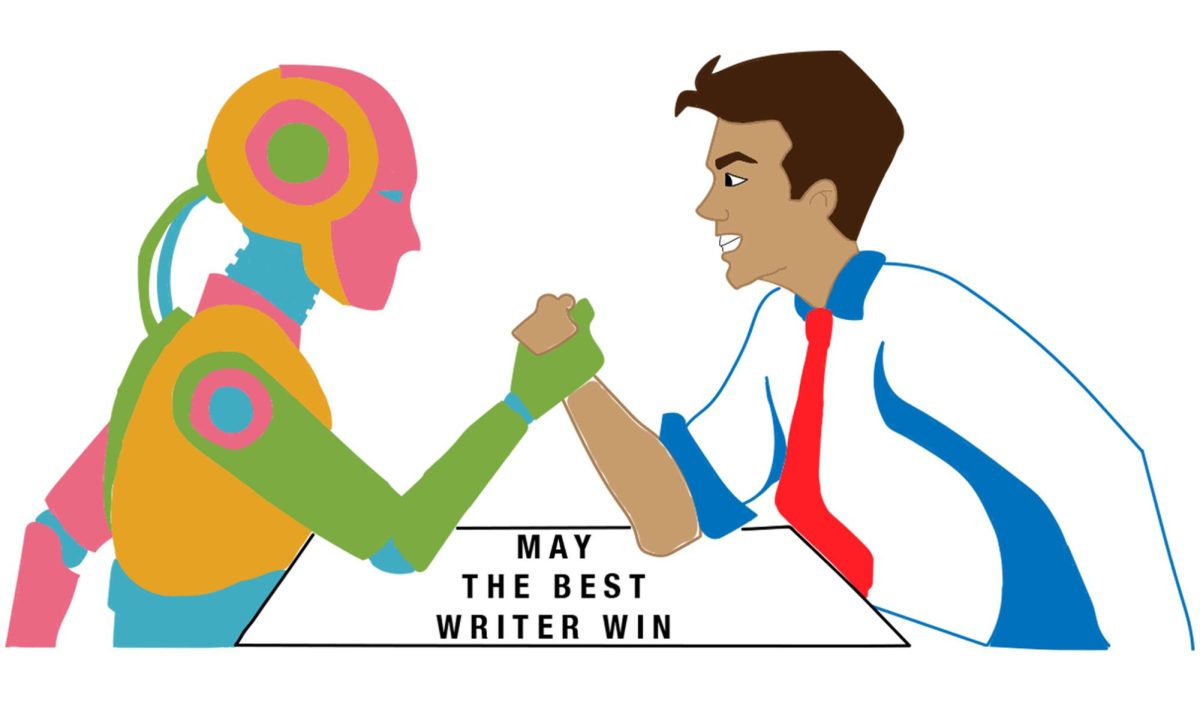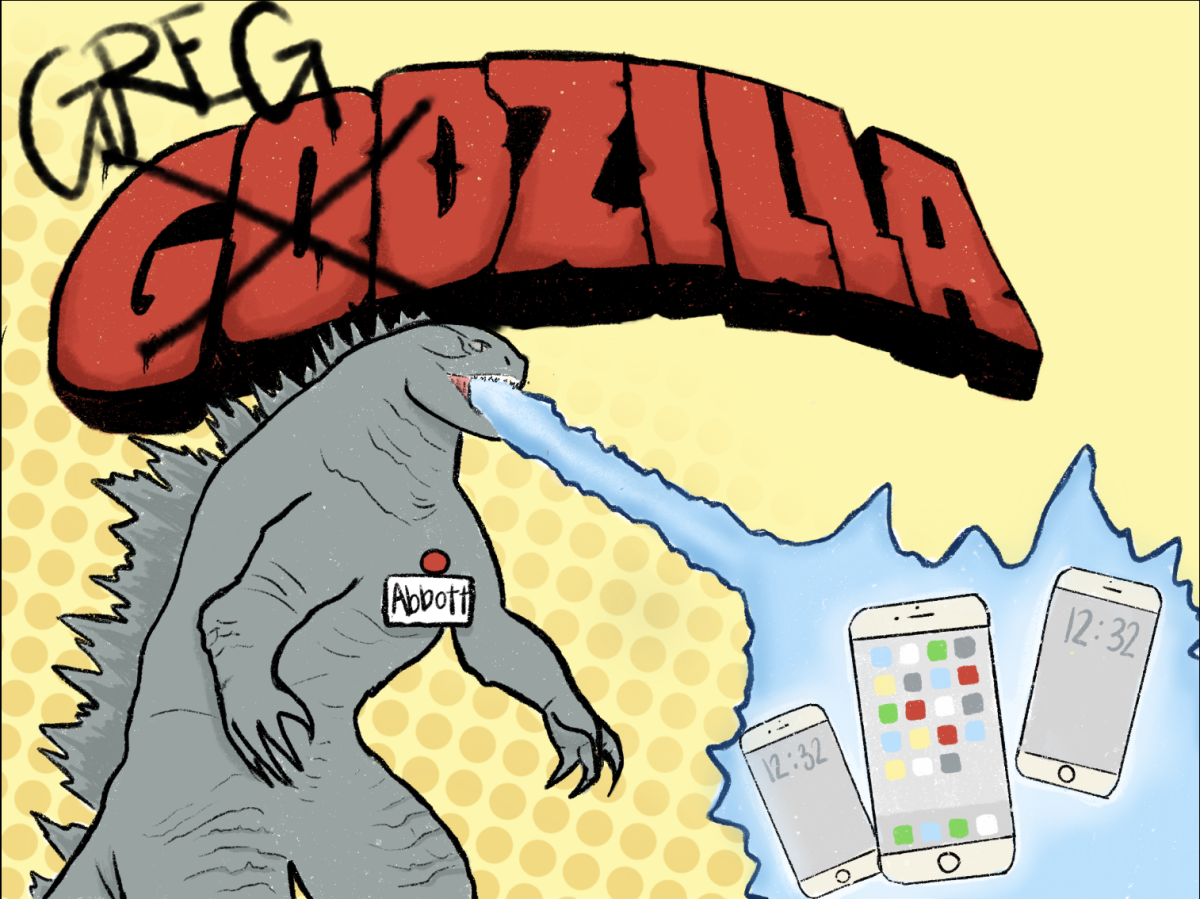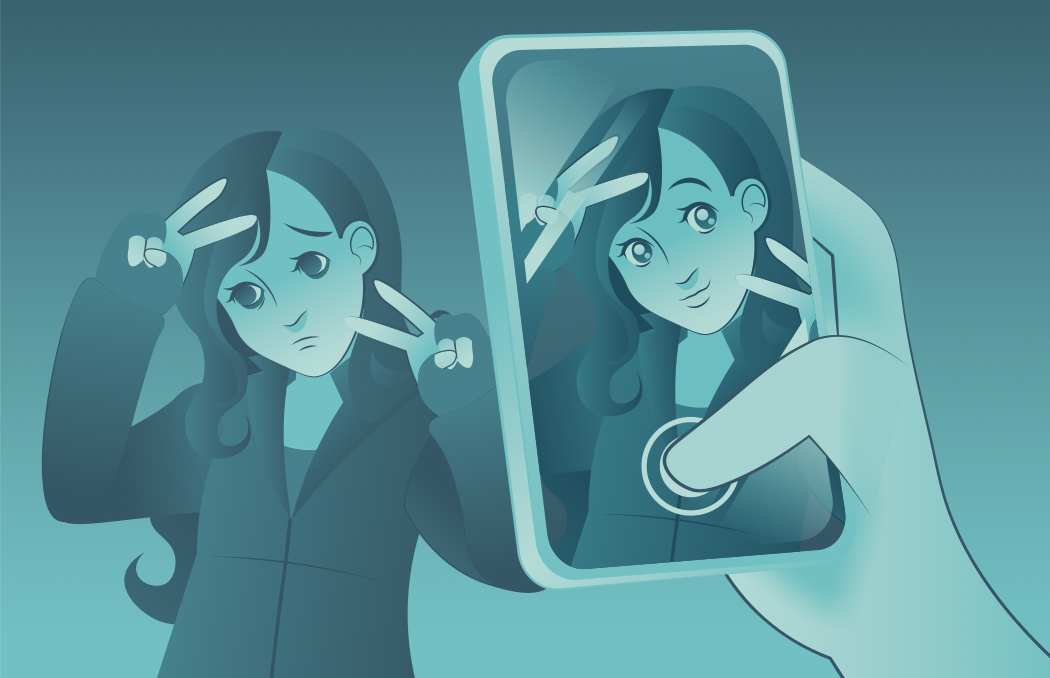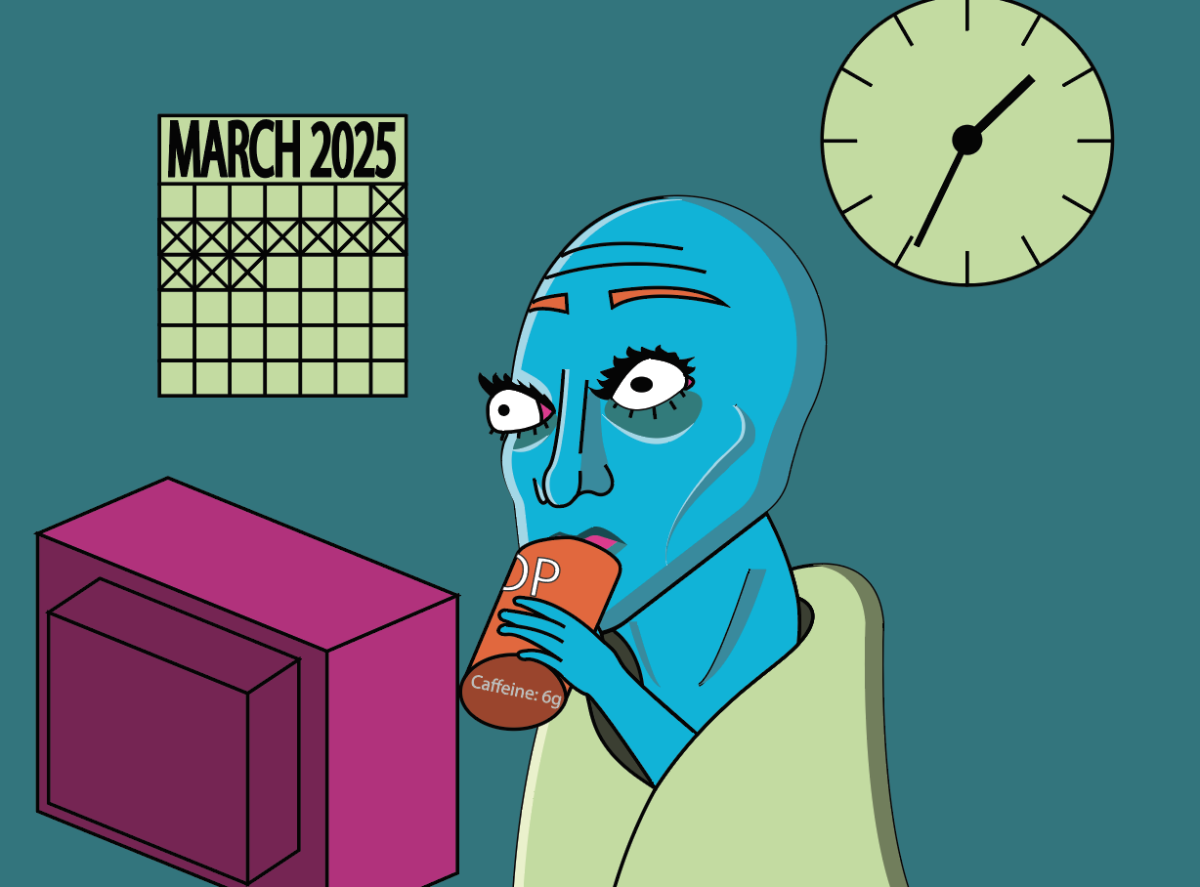Imagine for a moment that it’s the final stretch of the semester. You only have four projects, three tests, and two essays left to go…all over the span of two weeks, of course. As you finally finish your note card for your pre-calculus test and check the clock, it’s already 11:00 pm. The last thing you want to do is go to sleep late again because you have to finish your essay for English. So, you turn to a new viral Artificial Intelligence (AI) application, named ChatGPT, and in less than 30 seconds your essay has been submitted and you are sound asleep.
Released in November of 2022, ChatGPT is a conversational bot that was launched by the ever-evolving AI company, OpenAI. ChatGPT is programmed to respond to its users request; if you ask it to make you laugh, it will respond with a unique joke; if you ask it to simplify a complex topic such as DNA replication, it will clearly state the steps undergone during the process. Similarly, if you ask it to write a 300 word essay given a certain prompt, it will quickly produce the requested assignment.
While the rate at which ChatGPT responds can at times be convenient, it is vital to remember that there are multiple disadvantages to calling on this digital robot for every assignment.
Above all, it’s important to note that submitting any writing that was not completed as your own can flag you for plagiarism. Getting caught plagiarizing a piece of writing can result in suspension or expulsion, depending on the institute you attend.
As a student in high school, these transgressions can tarnish your reputation and damage the remainder of your educational experiences, limiting your access into universities or even eliminating potential job opportunities.
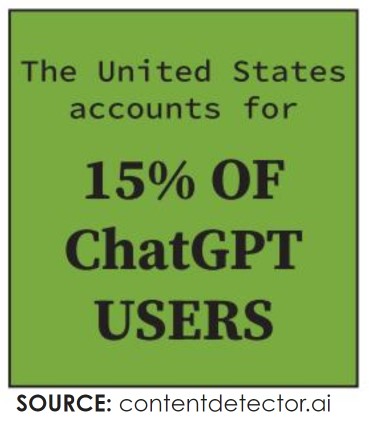
Aside from the career-altering repercussions resulting from plagiarism, having an AI site, such as ChatGPT, write your assignment for you defeats the purpose of writing anything at all.
Human beings are so unique because of our complex thought process that is incomparable to other organisms or to even the most modern computer. If you ask a robot to do the writing for you, you’re eliminating the most valuable element from your piece of writing: the fact that you were the one to write it.
As our world is developing faster and faster, it is becoming more and more challenging to come by genuine and honest storytelling. As humans, we write about experiences, emotions, and tragedies; all of which have a deeper meaning to us. As a computer, however, the only form of context given to it before completing a request is the binary digits programming its response. To a computer, writing is just, “zeroes and ones,” and will never evoke the same sentiment that human writing will.
Additionally, employing ChatGPT to handle your assignments for you reduces creativity. Since creative tasks such as writing and drawing can now be completed in seconds by computers, people will start turning to AI to complete those tasks for them in efforts to try and save time. This is a concept that, in theory, should harmlessly optimize our strenuous schedules, but, realistically, will quickly get out of hand if a person uses ChatGPT redundantly.
Not only will using ChatGPT to save time on your own work reduce long-term creativity, but it is also disrespectful to the people who chose to do the work themselves. These inconsiderate scenarios of bypassing responsibilities, cheating on assignments, or falsely claiming work as your own are applicable in school and work settings, and can negatively impact anyone.
On top of reducing human creativity, excess utilization of AI bots in the future has the potential to harm adolescent development. Not only can the exposure to computer screens cause attention deficits in future generations, but normalizing the everyday use of AI will allow young learners immediate access to answers and disrupt natural creative thought processes, including the trial and error approach necessary for many learning experiences.
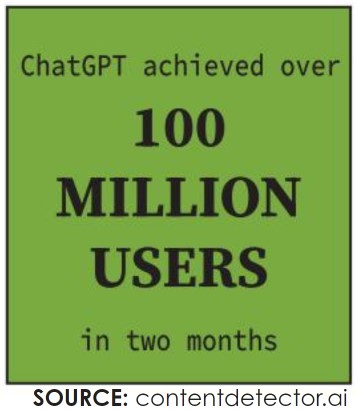
Also in a classroom setting, the increased accessibility that students will have to websites such as ChatGPT can result in the banning of computers in some English classes, depending on the school you attend.
Increased access to ChatGPT, and the inevitable creation of similar sites in the future, will increase the likelihood of a student using a digital robot to write their essays, giving some teachers a greater motive to require hand-written essays in their classrooms.
A hand-written essay requirement will cause negative effects for students who are given extra time to write essays, dyslexic students who have difficulty spelling and rely on auto-correct, and even just students whose handwriting is too large or illegible to fit onto their page. Potential bans would result in an inequitable learning environment for students.
Despite the numerous disadvantages listed above, I will agree that AI bots such as ChatGPT can be used beneficially, such as aiding a writer in research and in turn preventing extensive writer’s block.
When used to catalyze human creativity and knowledge, I know that AI can act as a helpful bridge between the human world and the world of technology. However, AI becomes a threat to the world of literature especially when it is used to inhibit human productions or compete against them.
As writers enter a new, more modern age of technology, it is important to note when to turn towards AI and when to shy away from it. It is also essential to remember that our product is unparalleled beside the work of a computer.



